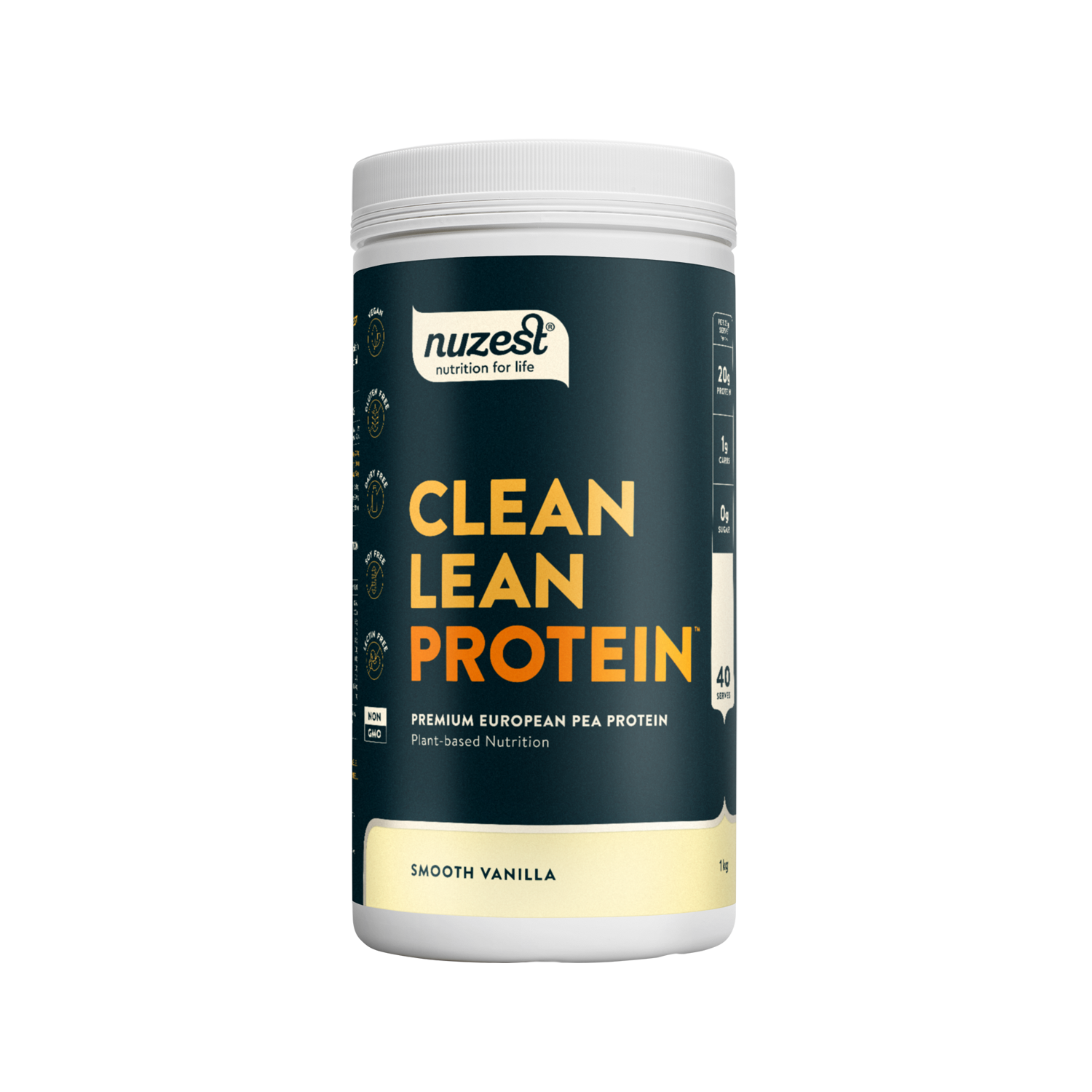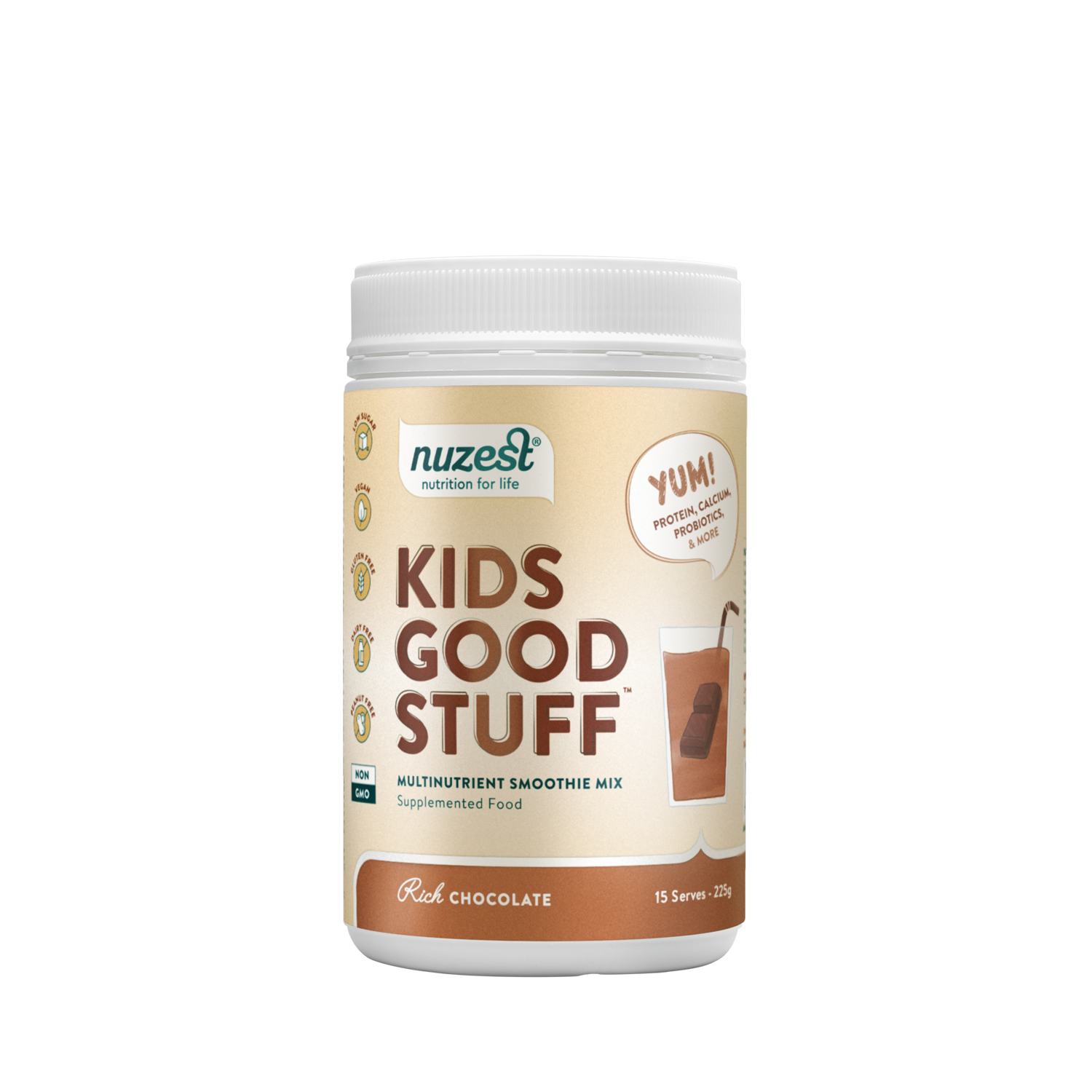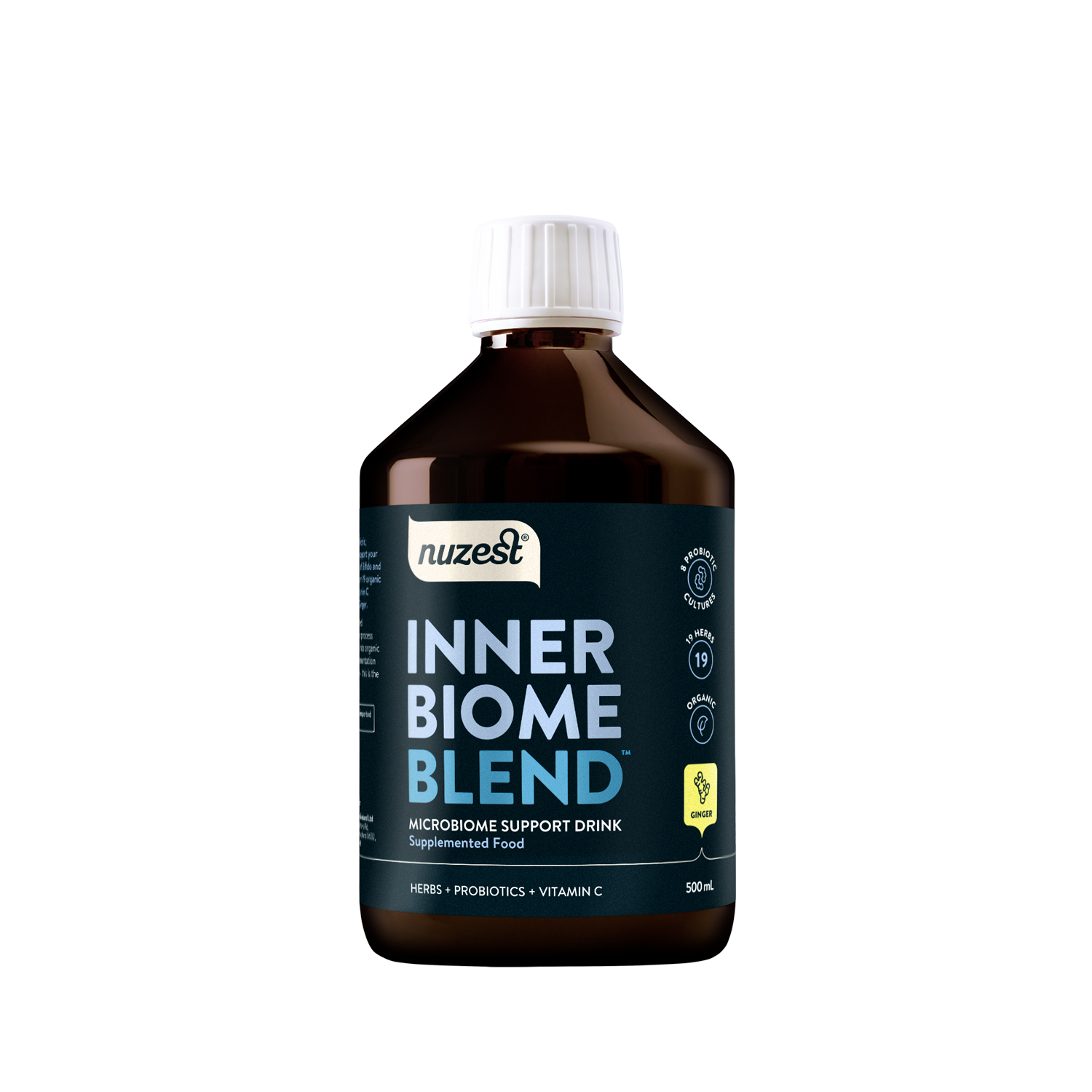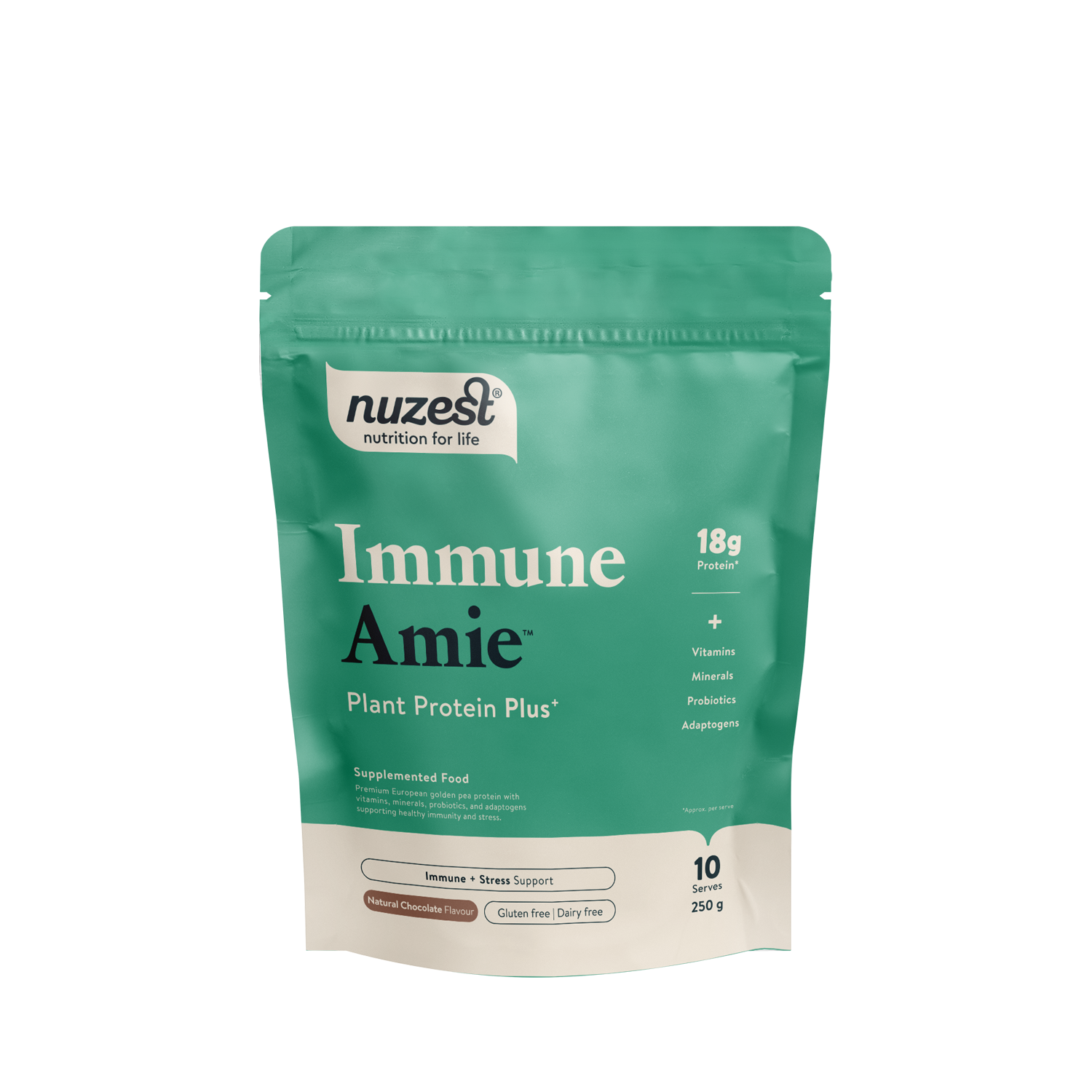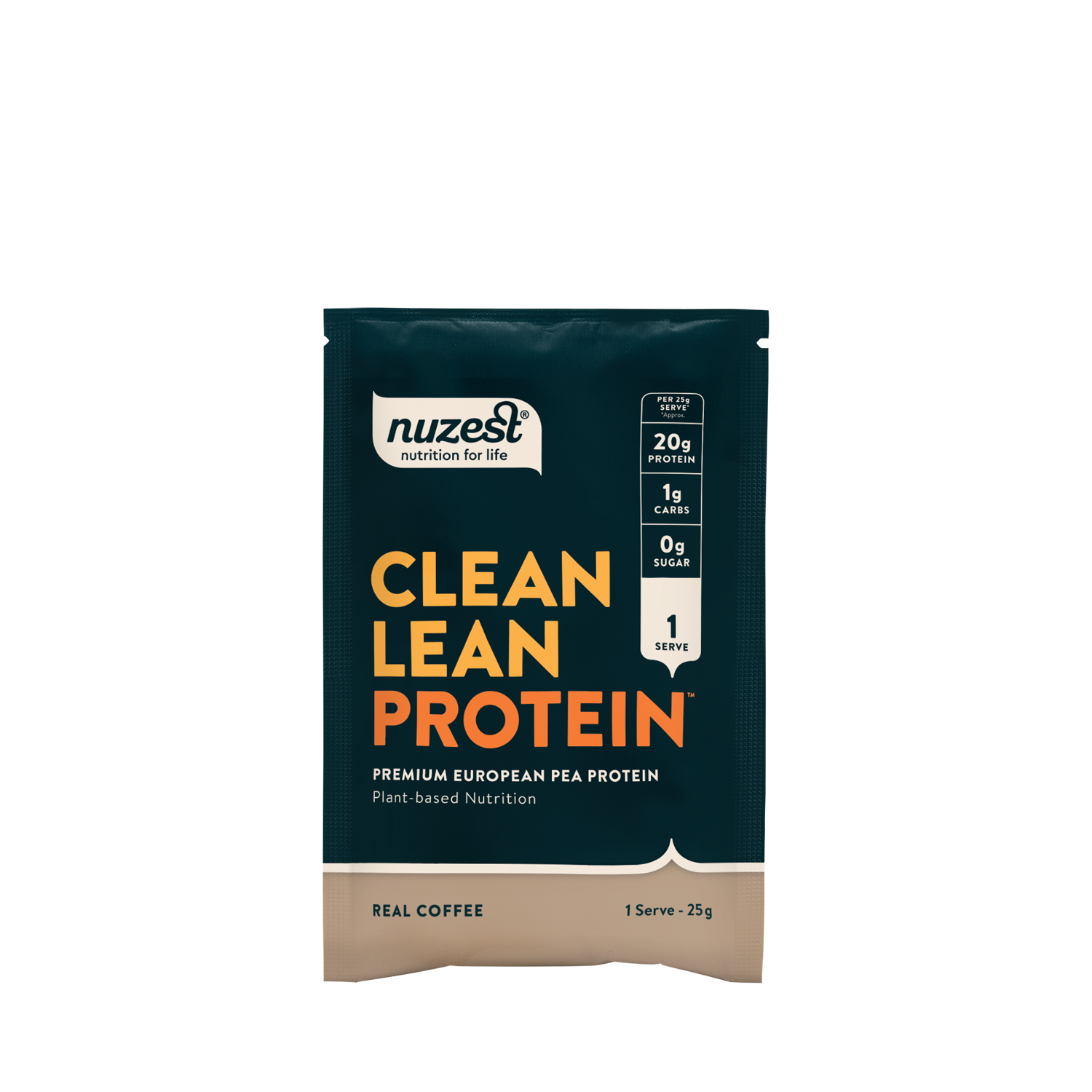Kale
Brassica oleracea var. acephala
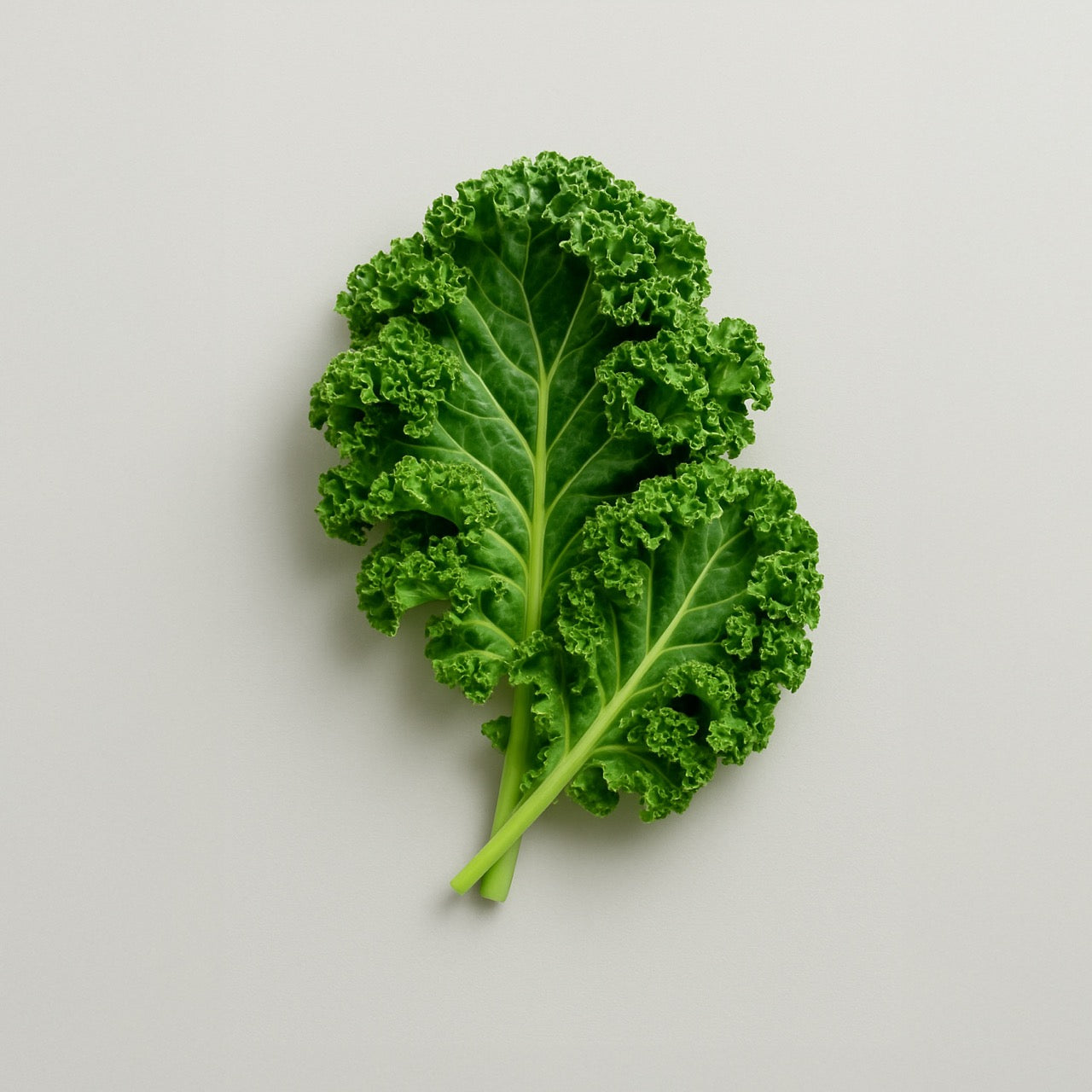
Kale is a leafy green vegetable from the Brassica oleracea species. It is consumed fresh or processed into powders and flakes for use in foods and supplements.
Products:
Does Kale Contain Iron?
Kale contains iron, providing a valuable plant-based source of this essential mineral, though in lower amounts compared to animal-derived foods. Approximately one cup of cooked kale delivers about 1 mg of iron, which plays a key role in red blood cell production and oxygen transport throughout the body. Consuming kale alongside vitamin C-rich foods can improve the absorption of its iron content.¹ ²
Kale for Heart Health
Rich in fibre, antioxidants, and omega-3 fatty acids, kale supports heart health by helping to lower cholesterol levels, reduce inflammation, and enhance blood circulation. The potassium content in kale also plays a role in regulating blood pressure, which contributes to overall cardiovascular function and may help reduce the risk of heart disease.³ ⁴ ⁵
Is Kale Anti-Inflammatory?
Kale contains antioxidants and polyphenols such as quercetin and kaempferol, which have been shown to exhibit anti-inflammatory effects. By helping to reduce inflammation, these compounds may support the prevention of chronic conditions.⁶ ⁷
Does Kale Help with Bone Health?
A rich source of vitamin K, calcium, and magnesium, kale plays a significant role in supporting bone health. These nutrients are essential for maintaining bone strength and density. Incorporating kale regularly into the diet may contribute to improved bone mineral density and a reduced risk of fractures.⁸ ⁹
Kale and Eye Health
Kale is a rich source of lutein and zeaxanthin, antioxidants that play a key role in supporting eye health. These compounds help filter harmful light and may protect against age-related macular degeneration and cataracts. Including kale in the diet can therefore contribute to maintaining healthy vision over time.¹⁰

